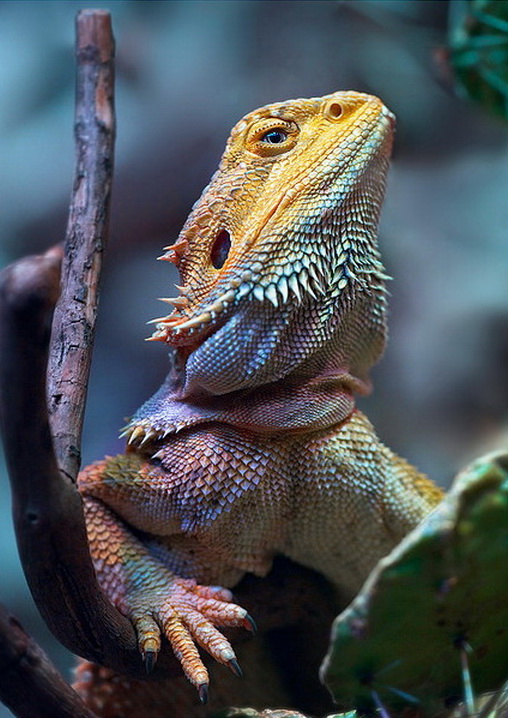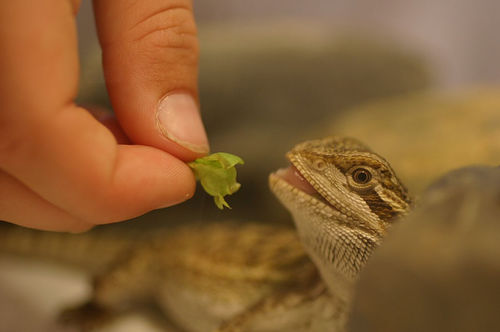6 Reasons Why Your Bearded Dragon May Not Be Basking Properly
6 Reasons Why Your Bearded Dragon May Not Be Basking Properly
Bearded dragons are fascinating reptiles that have become increasingly popular as pets. Native to Australia, these friendly animals are known for their unique appearance and docile temperament. One of the most important aspects of caring for a bearded dragon is providing it with the appropriate basking conditions. However, you may notice that your bearded dragon is not basking as much as it should. Here are six possible reasons why this might be happening.
1. Incorrect Temperature
Bearded dragons are ectothermic and rely on external sources to regulate their body temperature. They need a basking spot where they can absorb heat and UVB rays to stay healthy. The optimal temperature for a bearded dragon’s basking spot is between 100-110°F. If the temperature is lower than the ideal range, your bearded dragon may not be able to digest its food properly and could become lethargic.

2. Inadequate Lighting
Bearded dragons require UVB lighting to maintain healthy vitamin D3 levels, which are essential for calcium absorption. Without proper lighting, they can develop metabolic bone disease and other health problems. If your bearded dragon is not basking, it could be a sign that the UVB bulb is not strong enough or needs to be replaced. Be sure to replace the bulb every 6-12 months, even if it appears to be working.

3. Inadequate Space
Bearded dragons need ample space to move around and bask comfortably. If the tank is too small or overcrowded, they may not have enough room to bask adequately. Make sure your bearded dragon has a tank that is at least 40 gallons, with plenty of room to climb, bask, and explore.
4. Stress
Bearded dragons can become stressed if they feel threatened or if their environment is not suitable. Stress can cause a variety of health problems and may manifest as a lack of appetite, lethargy, or a reluctance to bask. Make sure your bearded dragon’s tank is in a quiet, low-traffic area, and provide plenty of hiding spots and climbable objects to help it feel secure.

5. Illness
If your bearded dragon is not basking and exhibiting other signs of illness, such as lethargy, lack of appetite, or diarrhea, it may be suffering from a health problem. Some common health issues that can cause a lack of basking include respiratory infections, parasites, and impaction. If you suspect your bearded dragon is sick, consult a veterinarian that specializes in reptiles.

6. Seasonal Changes
Bearded dragons are adapted to the hot, arid climate of Australia and may go through seasonal changes in their behavior. During the winter months, they may reduce their basking time or stop basking altogether. This is a natural response to the cooler temperatures and reduced daylight. However, if your bearded dragon is not basking during the summer months or is showing other signs of distress, it could indicate one of the other issues we’ve already discussed.

Conclusion
Regular basking is essential for your bearded dragon’s health and well-being. If you notice that your bearded dragon is not basking as much as it should, consider the possible reasons we’ve discussed. With proper care and attention, you can ensure that your bearded dragon gets the basking conditions it needs to thrive.
